6, December 2024
Biya will campaign for 2025 elections in a wheel chair and rule from the grave 0
President Paul Biya has become a laughing stock deep inside the Unity Palace, Cameroon Intelligence Report has gathered from a well-placed source in Etoudi.
The CIR source said that Biya is now leading the nation from a wheelchair.
“He has a special wheelchair that he bought in Geneva that takes him around the presidential palace and he intends to rule till 100 years” our source said.
Biya was seen on the mobile chair moving around the presidency after he received some new ambassadors accredited to Cameroon.
The mobile chair, otherwise ordinarily referred to as a wheelchair is assisting the dictator to navigate his way around his office as well as at home in Mvomeka’a.
The Biya wheelchair has now confirmed that old age has taken its toll on the Francophone leader who will turn 92 this coming year.
A top CPDM baron who spoke to this reporter but sued for anonymity said Biya would rule from a wheel chair and then from the grave.
By Soter Tarh Agbaw-Ebai
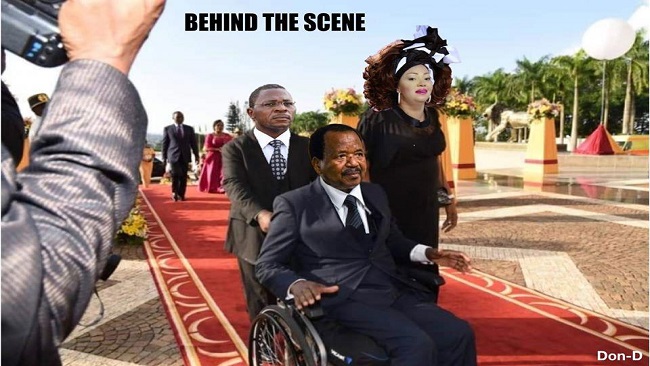
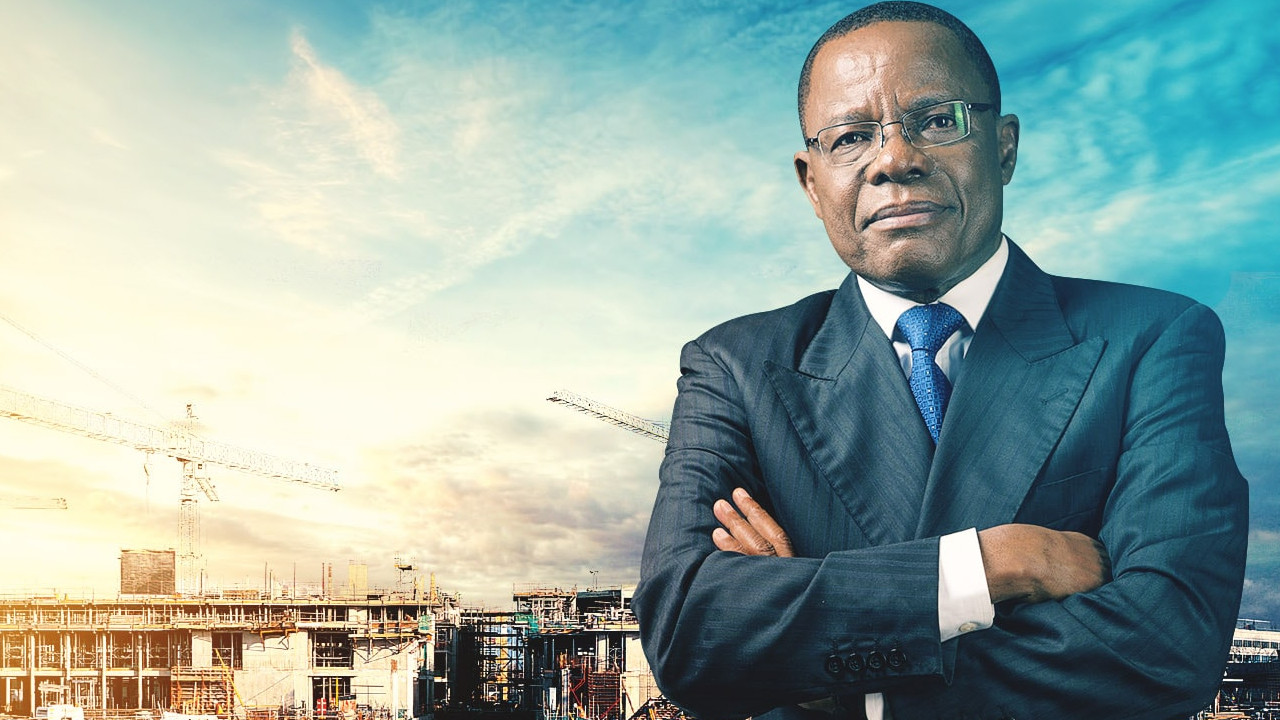


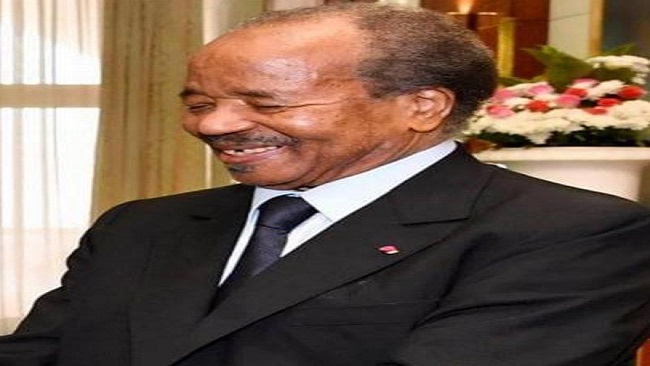
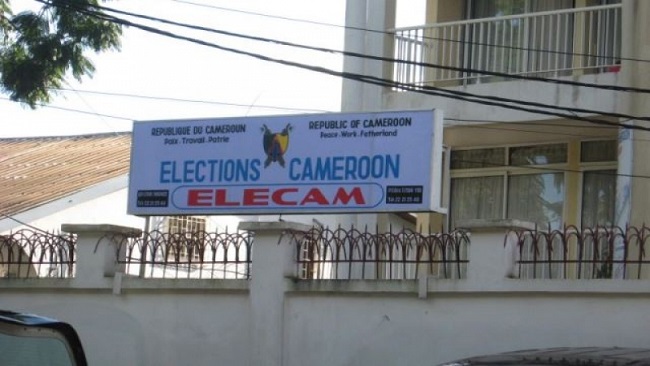

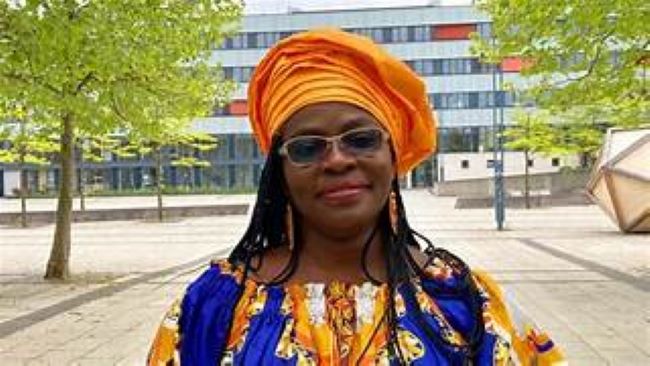


















8, December 2024
Manyu Political Landscape: Change is on the horizon 0
A senior Manyu political leader has informed the Cameroon Concord News Group that there will be significant political changes in Cameroon in 2025 and that Manyu Division will be a totally different political landscape, as the youths of the Division are calling for change.
The politician, who elected anonymity, said that the current political dispensation in Manyu is hurting the Division as many current political leaders have failed to bring much-needed economic development to the Division whose economy is in the throes of a severe crisis.
He added that the youths of Manyu were already grumbling and looking outwards for that person who would understand their problems and would seek to bring meaningful economic initiatives to the Division.
“We need factories. We need a good hospital. We want our children to go to school in the best possible conditions. We know that the Diaspora can help us, but their help could be coordinated for it to deliver better results and that is why we of Manyu Division are urging members of our Diaspora to participate in the politics of our Division. We need people who will not come to earn a salary. We need people with ideas,” the politician stressed.
“After next year’s presidential election, the people of Manyu should take a look at those who have been representing us at the national level,” the angry politician said, stressing that “we have to look at young people to take over from our current politicians, most of whom have never kept their election promises.”
“Besides the Member of Parliament from Eyumojock, Honorable Teku Tanyi, who is constantly in his constituency to bring hope and some development initiatives, most of our politicians are simply dormant and will only come home when there are elections or when their political interests are at stake,” the angry politician said.
“Elective positions in Manyu should be given to young, dynamic and well to do Manyu men and women who have the Division’s interest at heart. We need people who can bring development to Manyu. We need people who can bring jobs to our youths,” he added.
“We must start looking at young and successful men and women in the Diaspora who can mobilize resources abroad for Manyu development. A few names have already been dropped and we hear that one of two Manyu senatorial seats will go to one of Manyu illustrious sons who have been pushing for Manyu development for decades,” the politician said.
“Our current senator is old, sick and tired and has nothing to show for, given the time he has been at the Senate in Yaounde. The current senator should consider his age and should support any young person who might express an interest in running. Manyu needs change but we want that transition to be smooth and friendly so that there will be peace. However, if the plea of the grassroots is not taken seriously, there will be change and it will be painful,” he stressed
“Manyu needs change and it needs people with a broad and global world view. Manyu needs a political leader who can connect the Division with the Division’s growing Diaspora, especially in North America. Manyu needs a credible person, somebody with great development ideas. We are tired of empty promises. We do not care where the person comes from. We need someone who loves Manyu and his people and based on what I have been hearing, we have someone from North America who will bring us the progress we need,” he pointed out.
“Our Members of Parliament must do more for our people. The people of Manyu are disappointed and they want change and any elected politician who does not deliver will not represent us anymore,” he stressed.
By our Mamfe correspondent Nkongho Philip Agbor